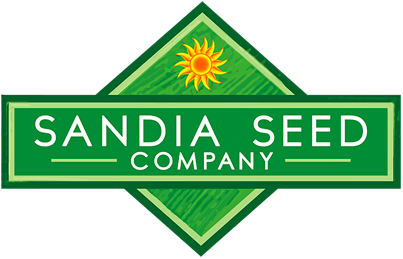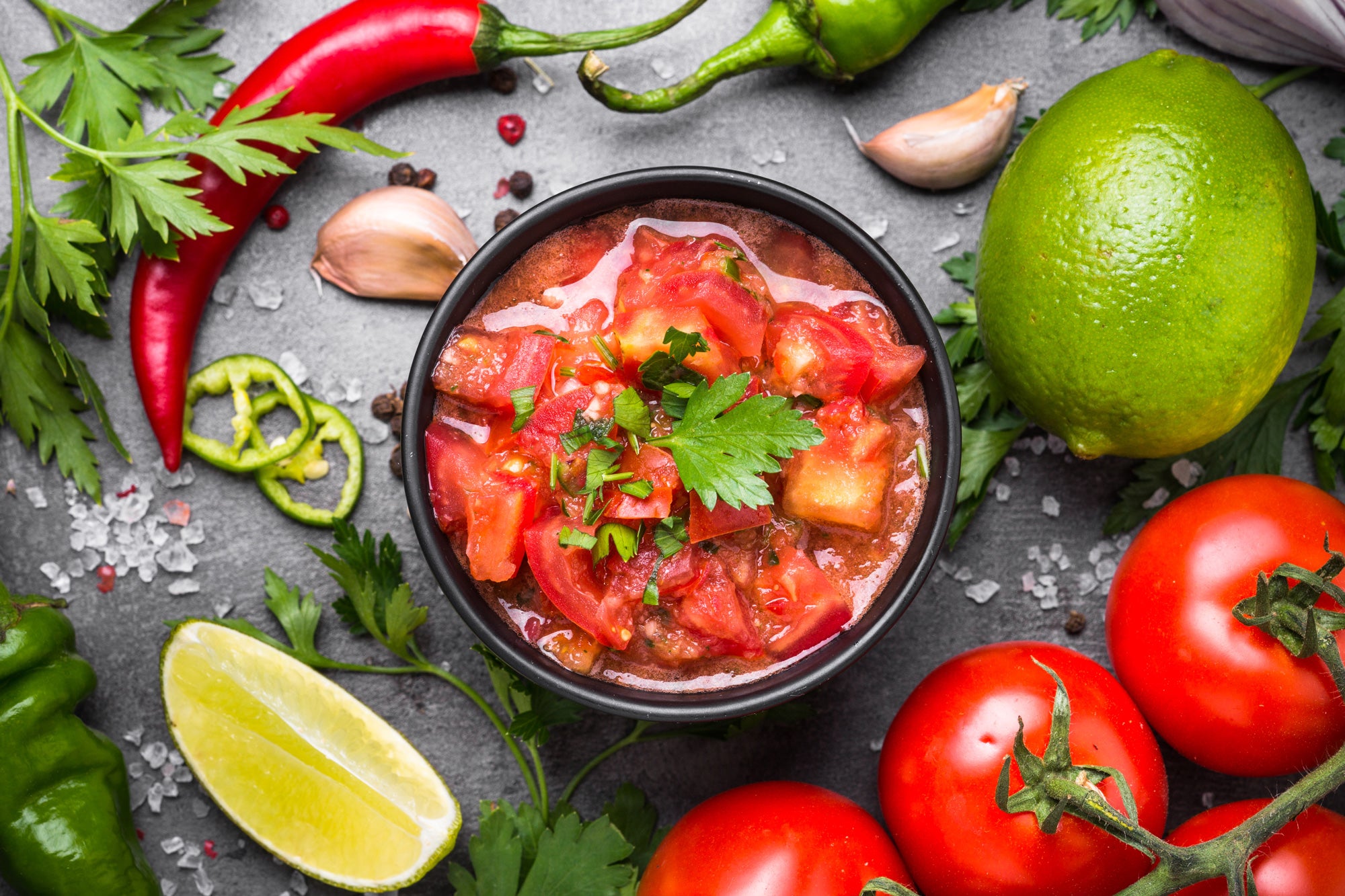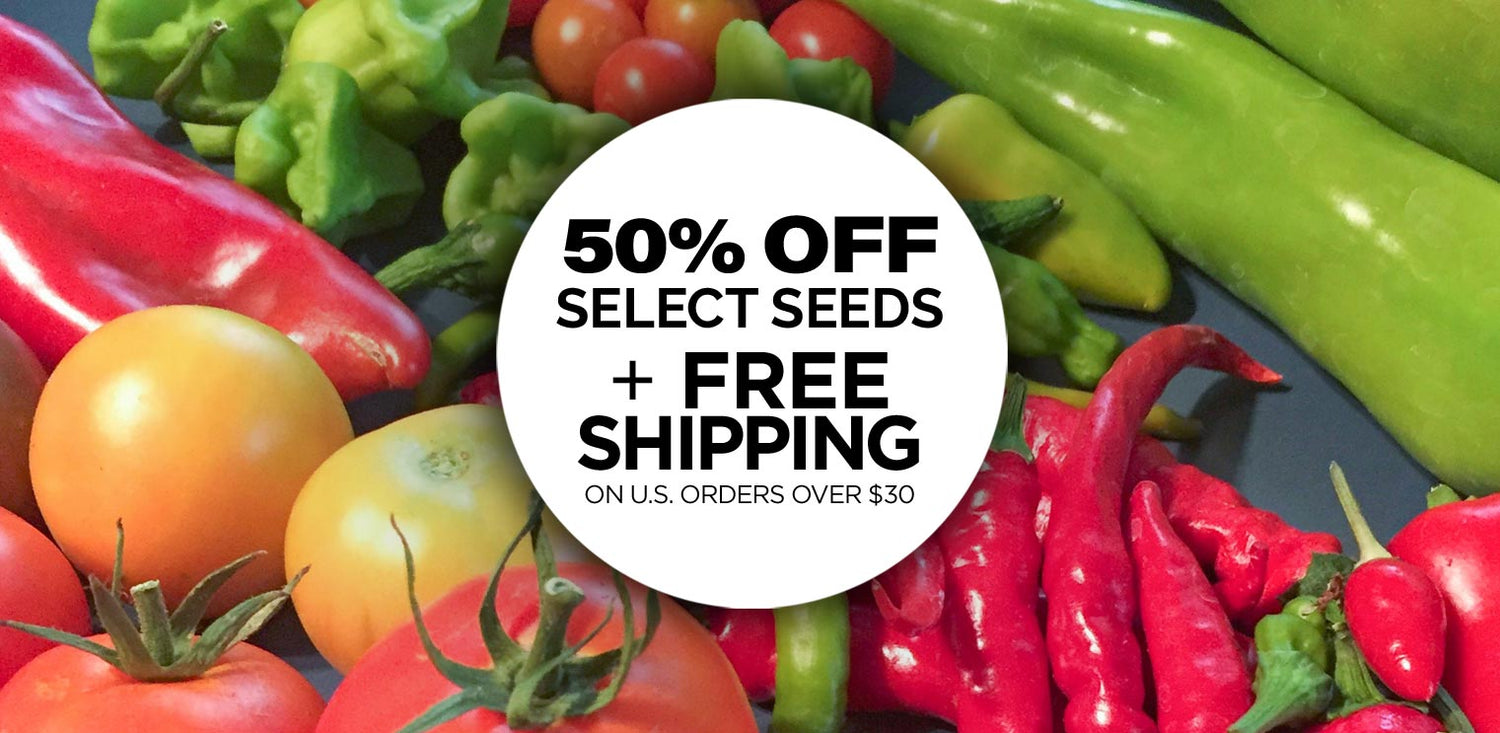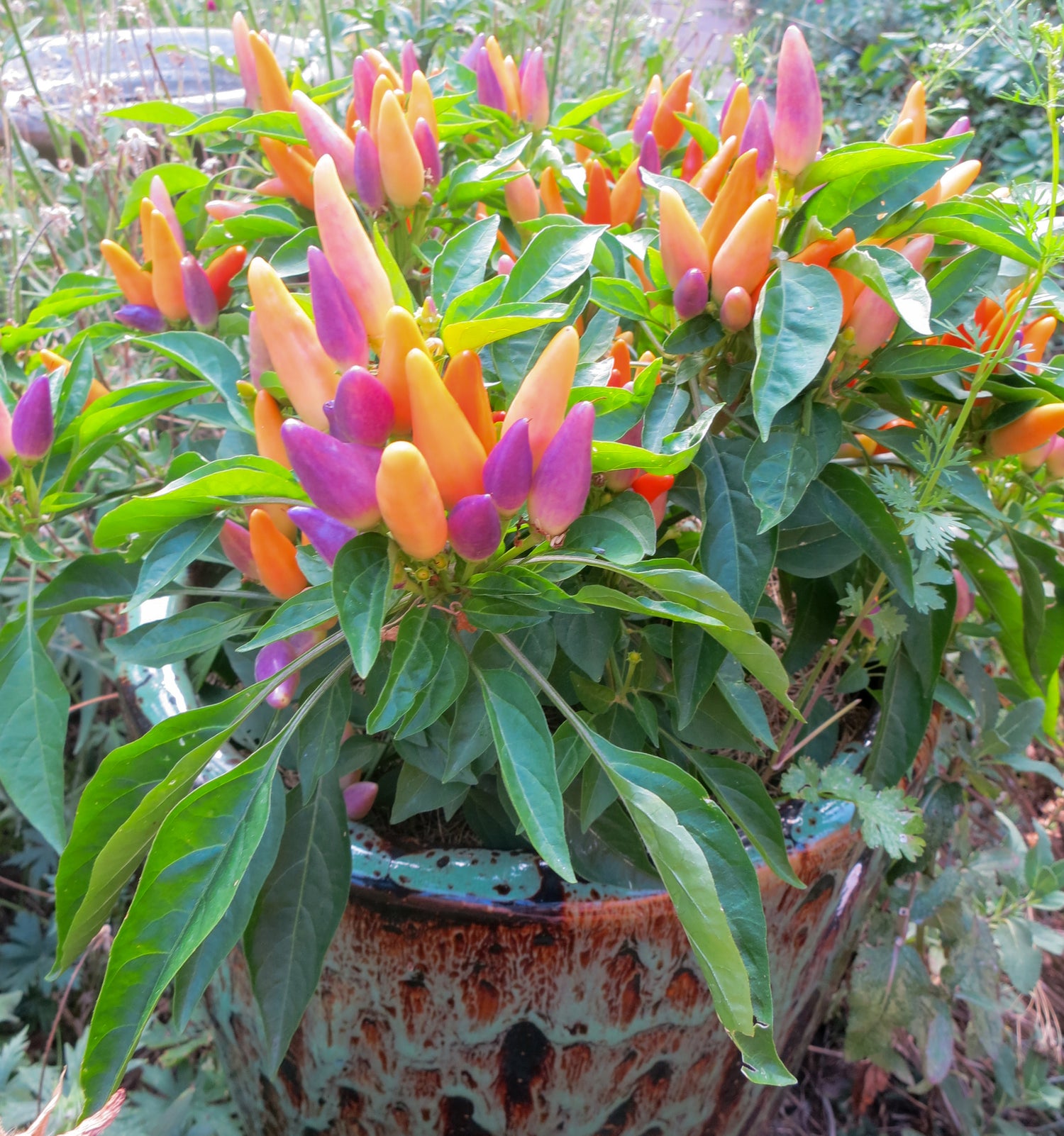
Sandia Seed Company is proud to sign the Safe Seed Pledge! We believe in selling only non-GMO seeds.
THE SEED INTEGRITY PLEDGE:
Seeds are essential for the provision of healthy food, our well-being, and that of our environment and planet. We must protect the diversity and genetic integrity of our seeds to provide the foundation for a stable, safe food supply for us and for generations to come.
The mechanical alteration of genetic material outside of natural reproductive methods within or between genera, families or kingdoms, poses great biological risks as well as environmental, economic, political, and cultural threats.
New methods of genetic engineering such as CRISPR and other genome editing or gene silencing technologies are touted as precise and safe by the biotech industry. Independent studies, however, document the same risks of off-target and unintended changes to the organism as older genetic engineering methods. Yet, the U.S. and other governments have declined to regulate organisms produced with newer genetic engineering technologies (also known as New Genomic Techniques or NGTs) and no safety testing is required prior to their release.
An ever-increasing number of organisms are being genetically altered in labs and are quietly making their way into our gardens, farms, and food supply. The increased pace of commercialization of whole foods that are directly eaten by consumers such as salad greens, tomatoes, potatoes, mushrooms, pineapples, apples, bananas, and chestnuts, as well as flowers such as pollinator-favorite petunias, increases the urgency of protecting the genetic integrity of our seeds.
We wish to support agricultural progress that leads to healthier soils, genetically stable and diverse agricultural ecosystems, and ultimately people and communities.
For the benefit of all farmers, gardeners, and consumers, we pledge that we do not knowingly buy, sell, or trade genetically engineered seeds or plants created using transgenic, cisgenic, RNAi, CRISPR/cas9 or any other genetic engineering technology.
~ Sandia Seed Company

History of the Safe Seed Pledge:
The original “Safe Seed Campaign” and “Safe Seed Pledge” were created by the nonprofit Council for Responsible Genetics (CRG) in 1999. The purpose of the Safe Seed Campaign, according to CRG, was “to increase the transparency of genetic engineering in commercially sold seeds, in order to help consumers make informed purchases.” CRG further stated, “By 2001 ten percent of seed catalogs in the United States used the Safe Seed Pledge, ensuring that the seeds being sold were not genetically modified.” Since CRG and the Safe Seed Pledge website no longer exist, GMO/Toxin Free USA has adopted the mission of the original Safe Seed Campaign while incorporating critical updates to the original pledge, including the addition of unregulated gene-editing that became prevalent only within the last decade. Learn more about the Safe Seed Pledge at: safeseedpledge.org

Why we signed the Safe Seed Pledge:
We believe in only growing non-genetically engineered seeds & plants, and so all of our pepper and vegetable seeds are non-GMO. Plants don't need to be in the lab to produce a huge variety of delicious and nutritious food – naturally developed heirlooms and hybrids offer a huge range of flavors and nutrition without the need for laboratory gene editing. Non-GMO seeds can be shared, grown and adapted, maintaining natural biodiversity, reducing chemical dependence, and preserving traditional seed varieties. Natural seed diversity helps ecosystems resist pests, diseases, and climate extremes more effectively.
We support time-tested breeding and open pollination as a way to produce a diverse varieties of peppers, vegetables, fruits and herb seeds from around the world. Heirloom plants are open-pollinated crops passed down for generations, prized for their adaptability and rich variety. Because they evolve naturally over centuries to thrive within specific regions, they often exhibit deep, complex flavors — like heat-tolerant tangy Black Krim Tomatoes or the uniquely delicious varieties of New Mexico Chile, or short season sweet melons like Hale's Cantaloupe, or vividly colored beans like Scarlet Runner pole beans that also have beautiful red flowers that hummingbirds love. Grow them up Mammoth Sunflowers for a beautiful show! Heirloom plants have a rich history that lab-created GMOs cannot match.

Take Hatch Chiles, for example, these special heirloom chiles got their start in the New Mexico region over 400 years ago. Peppers originate from the Americas, specifically Mexico, Central America, and South America. It is said that chile peppers were introduced into what is now the United States by Captain General Juan de Onate, the founder of Santa Fe, in 1609. However, it is also said they were introduced to the Pueblo Indians of New Mexico in 1582-1583 by the people of the Antonio Espejo Expedition. However they first arrived, chiles have long since been a favored staple in the Southwest.
After the Spanish settled in the New Mexico region, many different heirloom chile varieties were naturally cultivated, including early forms of jalapeños, serranos, anchos, and pasillas. One variety adapted particularly well to the New Mexico area was a long green chile that turned red in the fall, leading the way to the infamous New Mexican chile pod-types including Hatch Chiles. The Capsicum annuum Hatch Chile varieties are descendants of the first "New Mexico chile" grown by Fabian Garcia beginning in 1888. The chile improvement program began in 1888 with Dr. Fabian Garcia and New Mexico State University. Dr. Garcia began growing and naturally improving the local chile varieties grown by Hispanic gardeners around Las Cruces, New Mexico. In 1913, Dr. Garcia released the flavorful and very popular ‘New Mexico No.9’, beginning the long line of New Mexican pod types including cultivars like Anaheim and NuMex Big Jims. These heirloom chiles have never been modified in the lab. In fact, there are no GMO chile varieties currently, thankfully!
Hatch chiles get their name from the town and region of Hatch, which is located about 40 miles north of New Mexico State University, the home of NMSU's Chile Pepper Institute. Hatch chiles are called "Hatch" as they are grown in in the Hatch region of New Mexico. Technically, to be called a true Hatch Chile, these have to be grown in the Hatch area. These green chile varieties, when grown in the region of Hatch, take on their unique, amazing flavors from the area's terroir. Terrior is a French word which refers to the unique environmental factors that influence agriculture, like soil composition, climate, and topography, which give products such as Hatch chile or Champagne wine grapes their distinctive characteristics. This explains why a chile from one region may taste different from one grown in another. Hatch chiles get their extra-special flavor from the soil, elevation, weather and the general conditions where they are grown. But you can still grow Hatch chile seed varieties in your garden, since they are hard to get outside of New Mexico! Offering these local heirloom varieties of Hatch chile seeds to gardeners around the world helps spread the love of New Mexican chile. They still taste great, no matter where you grow them, your own garden's terrior will bring it's own deliciousness to the varieties you grow. Of course, if you ever have a chance to try Hatch chile grown in the Hatch region, you're in for a treat.
...
Sandia Seed loves the history of seeds, and we pledge to only offer natural, untreated, and non-GMO heirloom seeds from around the world so that we can keep our seed diversity strong! Non-GMO seeds allow for seed saving and the development of locally-adapted varieties, and they maintain a wider range of traditional and diverse food options. Growing varieties of heirloom peppers from Mexico to New Mexico to Japan to around the world allows us to diversify our food and crops. We also encourage you to save seeds! Saving seeds from locally grown vegetables and fruits is a great way to contribute to the diversity of the world's seeds.

We have a a huge selection of heirloom chile seeds! that grow well in gardens everywhere. Plus we have heirloom tomatoes and veggie seeds too.
View all of our non-GMO seeds »




















